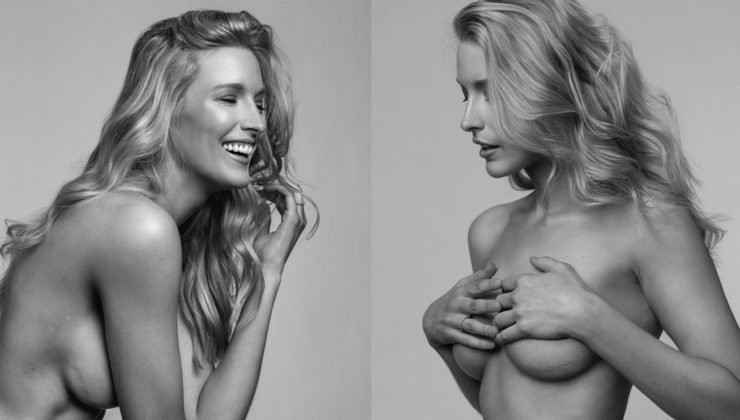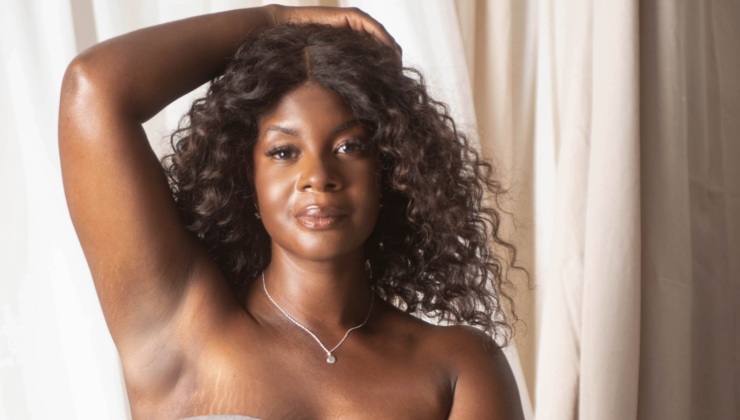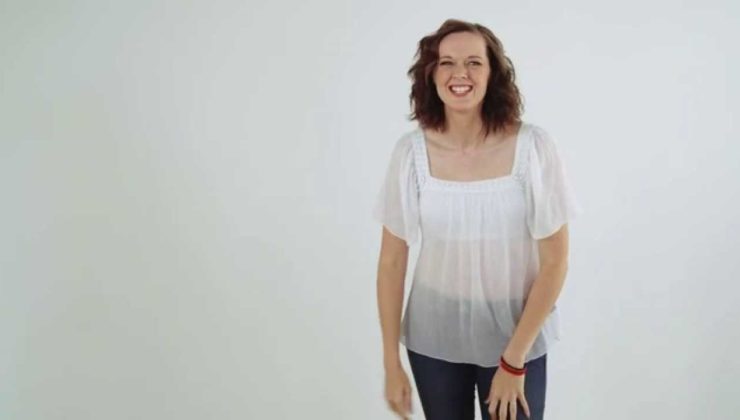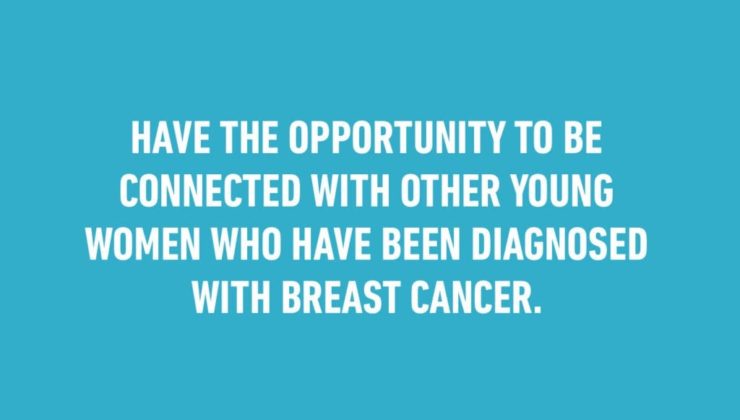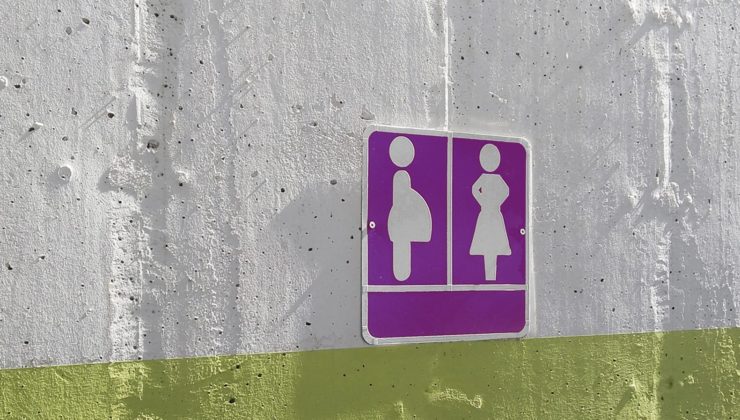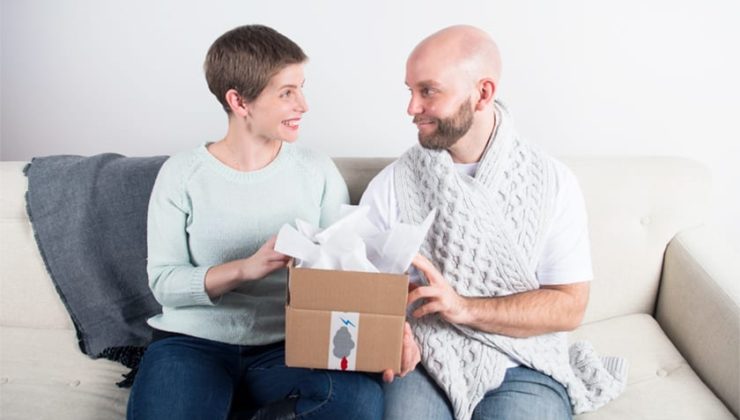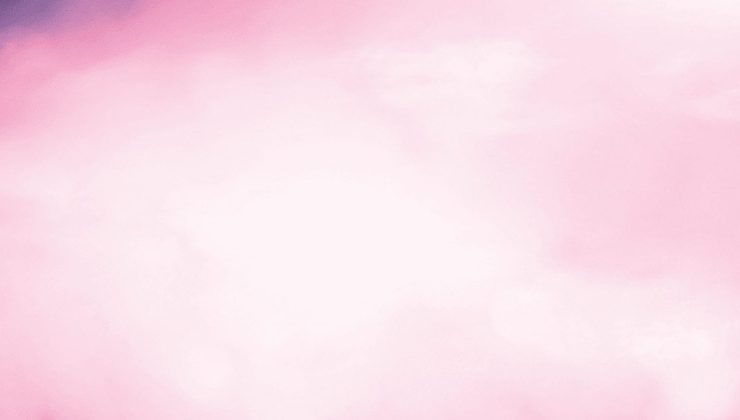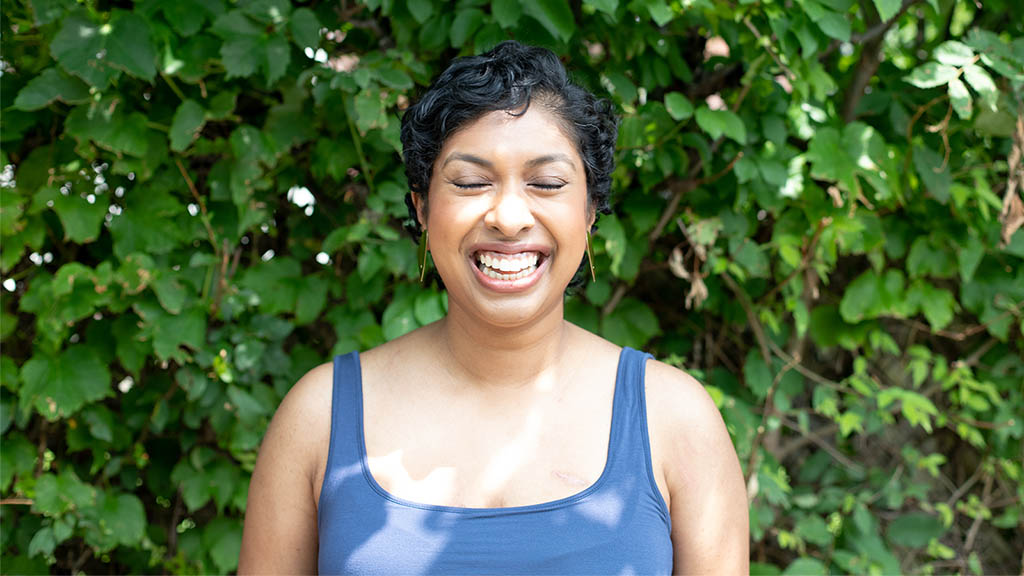
What Having Cancer Has Taught me about Coping With COVID-19
I am no stranger to isolation.
Four days after my son turned one, I was diagnosed with a form of breast cancer that would require over a year and half of aggressive treatment. My prognosis was good but cancer is never a sure thing. Three weeks after having a fist-sized chunk of my breast removed, I sat in my Chemotherapy Orientation session, ready to take on the challenge of fighting for my life. The nurse immediately asked me if there was a way that my children could live somewhere else for the next six months because they would pose a significant risk to me. I was incredulous. I would need to be separated from my 1-year-old son and my 5-year-old daughter during what was sure to be the worst time of my life? A time I may not even survive? I would be a different kind of cancer patient; I would try to keep my life as normal as possible.
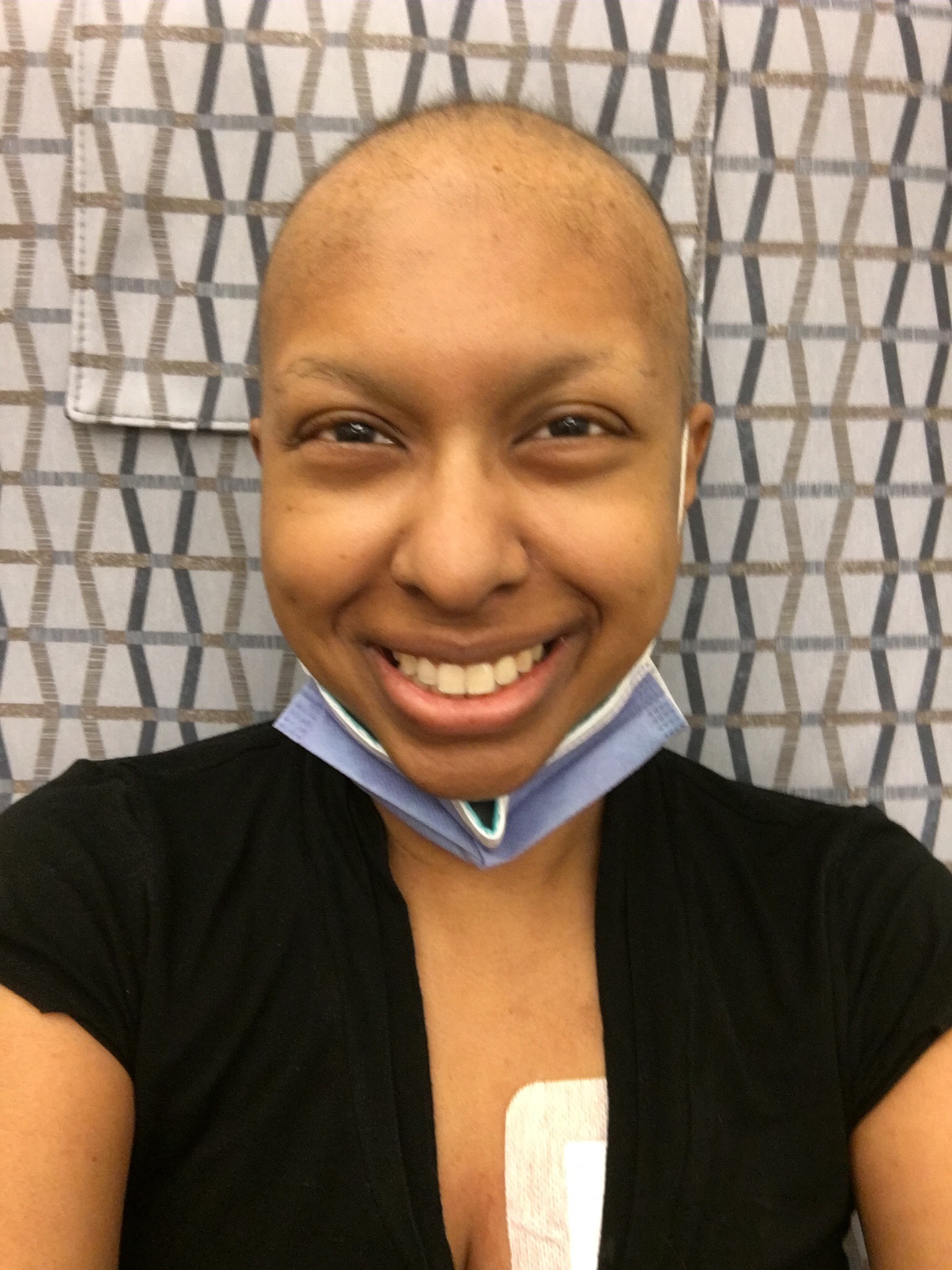
After my first round of chemotherapy, administered on a snowy Valentine’s day, the skin around my mouth peeled off in layers; raw, pink blistered skin surrounded my omnipresent smile like clown makeup. I continued to venture cautiously into the outside world. After my second treatment, I lost all of my hair. I donned a hat and walked my daughter to school when I had the energy, pushing through the pain and fatigue that overtook me. Over the course of the next few treatments, I began to have less energy, became more self-conscious of my grey skin and bald head and felt increasingly uncomfortable with people’s stares. I no longer felt comfortable going out and would content myself with car rides to pick up a tea from a take out window. By my fourth treatment, my husband and I no longer could sleep in the same bed; my insomnia from the powerful steroids I was given, the painful blisters that covered my entire ribcage and the sheet-soaking night sweats brought on by chemotherapy-induced menopause made being close difficult. My fifth treatment brought new horrors. I asked my oncologist if I could attend my daughter’s spring concert at her school; she gave me the go-ahead but asked me to be careful as we were still in the midst of flu season and I was immuno-compromised due to chemotherapy. I told the school; they arranged a special spot for me at the front where I would have the fewest people around me. I sanitized my hands vigilantly, covered my face with a scarf when I heard someone cough, whisked my daughter out through a back door as soon as the performance was over and still. Still, two days later I was told that my blood work showed that I had the flu and that I could not receive my next life-saving treatment. I cried, asking my oncologist to continue my treatment anyway, knowing that my best chance for survival depended on me sticking to my two-week treatment schedule. Sure enough, my oncologist was right and I was bedridden for 12 straight days, terrified that my flu would turn into pneumonia. Once I recovered, I didn’t know what I should be afraid of, so I became afraid of everything. No more bedtimes with the kids, hugs only from behind, bathing them wearing gloves, wiping every cupboard handle that my 1-year-old could reach with his snotty hands and donning a medical mask in my own house for nearly three months. I questioned often whether my vigilance was necessary but ultimately, I could not take the risk of missing another treatment.
I remember one day when my husband absentmindedly used my perpetually drippy-nosed daughter’s facecloth on my son’s hands and I ripped the cloth out of his hand and hissed, “Are you trying to kill me?” He stared at me in shock. I ran on to the porch, throwing our patio chairs at the fence until I just sat and cried, allowing the feeling of powerlessness to wash over me. Cancer had cost me my health, my freedom, my financial stability and had fractured my connections with my husband, family and friends. The grief was all-encompassing.
I am no stranger to isolation.
When I heard the recommendations for social distancing, I felt prepared. I knew what was in store for me, as I lived a life in self-imposed quarantine only a short year ago. This time, it would be different though; I was healthy, it would be okay. What I felt during those first few days of social isolation caught me off guard. The freedom that I was able to claim after treatment was much more precious to me, having lived without it for so long. My places of reprieve, my work, the gym, dinners out with friends, were now no longer there to distract me. Being trapped in the house, seeing people wearing masks everywhere was familiar. Too familiar. I would wake up with the same listless feeling that plagued me during chemotherapy, unsure of what the day would look like; hoping for the best but preparing for the worst. I found myself reaching up to my hair to ground myself, to remind myself that this was 2020, not 2018. For the first week of self-isolation, I found myself struggling again with my mental health, feeling lonely and isolated, retreating into my inner world, feeling like no one would understand.
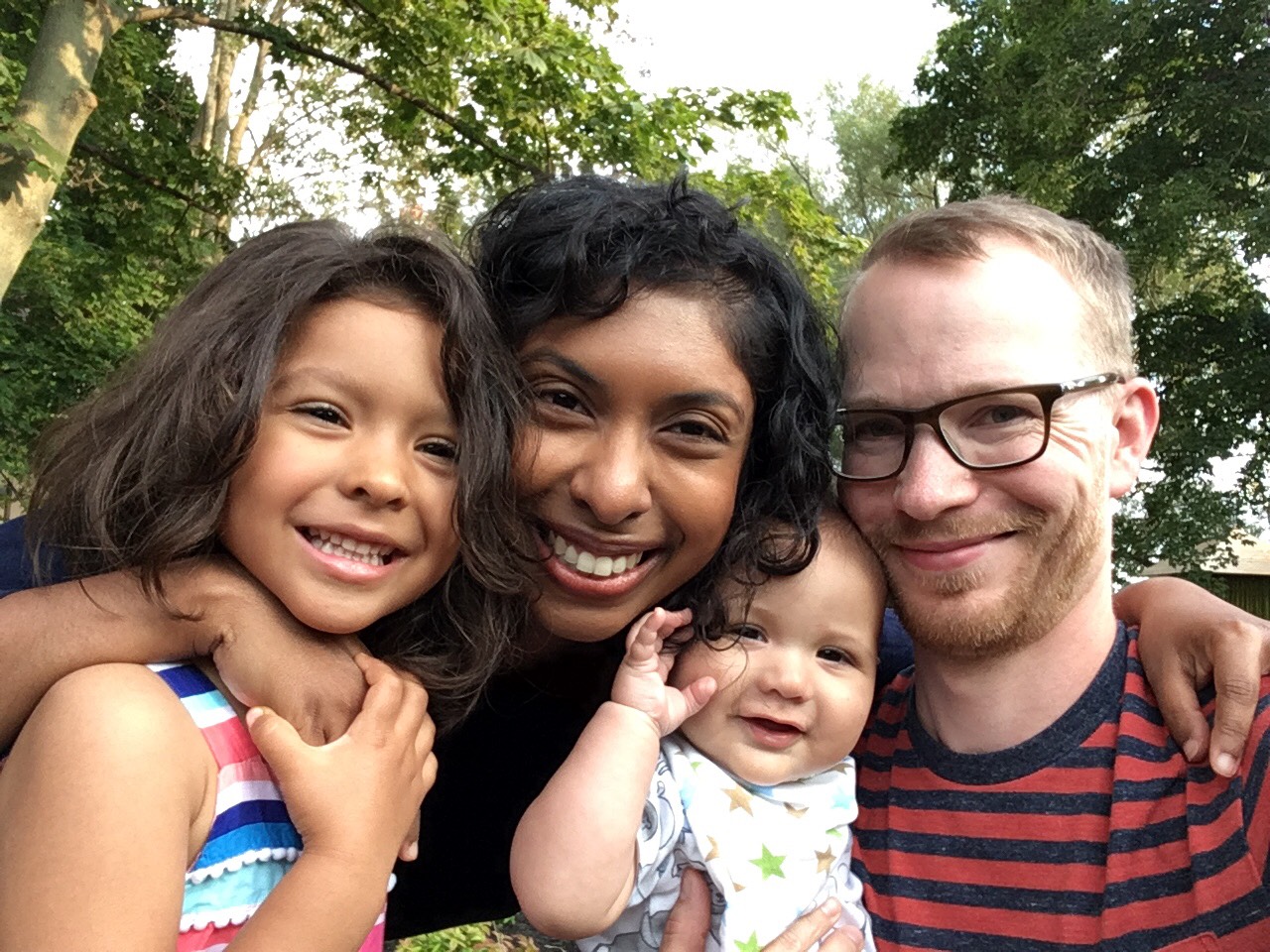
But COVID is different. Fundamentally different. While cancer is an individual experience, COVID is a shared global experience: one that will define a generation. These are times of great grief, as we collectively mourn lost loved ones, lost jobs, lost opportunities, lost finances, lost experiences, lost time. But there is hope to be found in the most unlikely of places. I encourage you to turn to your friends who have had cancer or any of us living with chronic illness, as we can be a valuable community resource on the power of acceptance and resilience in times of uncertainty. The loss, the grief and the unknown that we are all facing bears a striking similarity to the experience of cancer patients. As cancer survivors or fighters, we know very well what it is like to live with life-threatening uncertainty, what it is like to know that despite your very best efforts that some things are out of your control and that the actions of others, or just simply luck, may determine whether you or a loved one live or die. We know that life is fragile and precious; that the only thing we are guaranteed is right now.
So what have I learned about coping in times of great uncertainty? Control the things you can, let go of the things you can’t. That weight in the pit of your stomach that won’t go away? It’s grief. Allow yourself to feel it. Laugh when you can; cry often. Be angry. Meditate. Lean into those feelings of anxiety, approaching them not with fear but with curiosity and self-compassion. Go outside, take deep breaths. Uncertainty about the future is a difficult way to live. Not knowing whether you or your loved ones will be here in the next few months is terrifying. Be kind to yourself because this. is. hard. Enjoy the moments you have because nothing is guaranteed. Help people when you can, ask for help when you need it. Reach out to people, don’t wait for them to reach in. Be vulnerable. Listen carefully. And above all, love. Love. Love. Always love. – Rhea Sengupta

